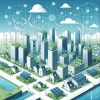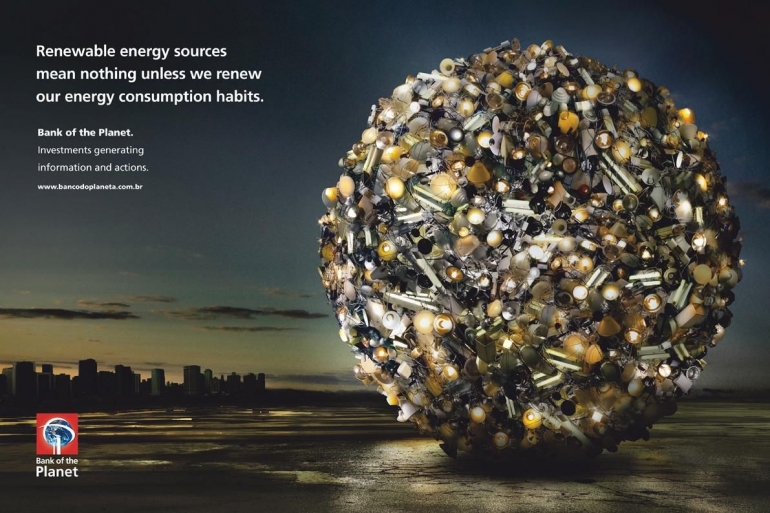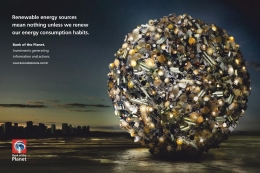Renewables for Sustainability
Becoming energy independent, securing energy for their people, is still something that more than 180 countries in this world needs to be done. Energy independence is still an unrealistic goal for most of the countries, who still rely on the few energy-producing countries with abundant hydrocarbons. So, how will everyone get the energy they need in a world of rising demand and supply disruptions?
Energy is one of the world major issues of sustainability ahead of food, water, etc. By the trend of increasing energy demand and global warming, we are facing great challenges in curbing demand and increasing supplies, while at the sametime improving our quality of life, protecting the environment and preserving the natural resources.
Countries who actively invest in the development of new technologies to extract various forms of energy sources, to diversify energy supplies through renewables and traditional fuels, will enjoy sustainable energy economy which requires major commitments to both renewables and efficiency.
Indonesia's Energy Demand
Indonesia's energy demand is rising steeply due to economic and population growth. A quarter of its population currently lacks access to electricity (World Bank, 2013), but they are expected to get connected in the coming decades as the country grows wealthier and infrastructure develops. Consequently, power demand is expected to double over the next decade. It will be a challenge for electricity generating capacity to keep pace with growing demand while also limiting the growth of Indonesia's GHG emissions. (Carbon Trust, 2014)
Indonesia's electricity market is moving from a monopoly fossil-fuel generation base to a more competitive structure with an increasing share of renewable energy. Power generation mix is dominated by fossil fuels (80%), with renewables playing a smaller but significant role (15%). Renewable generation capacity is composed primarily of hydro and geothermal plants, respectively comprising 10% and 5% of the installed share in 2010 (IEA, 2012).
As with some other fast developing economies, Indonesia is characterized by economic growth and a widening middle class as social prosperity grows. But unless there is significant investment in its aging generation and transmission infrastructure, the country could face an electricity crisis.
Waste to Energy (WtE)
Indonesia is facing a dual waste and energy challenge. Economic growth, rising living standards and swelling urban populations are driving growth of municipal solid waste volumes as well as energy demand. The waste management sector faces a problem that it cannot solve on its own. And the energy sector is considered to be a perfect match, because of its need to continuously meet a growing energy demand. Waste is now not only an undesired product of society, but a valuable energy resource as well.
Energy recovery from waste can solve two problems at once: first, is generating a significant amount of energy which can be included in the energy production mix in order to satisfy the consumers' needs; and second, is treating non-recyclable and non-reusable amounts of waste. (WEC, 2016)
The WtE implementation can have a significant impact on energy security, energy equity and environmental sustainability when looking at the future of the energy sector. If waste-to-energy (WtE) technologies are developed and implemented, while following sustainability principles, then a correct waste treatment strategy and an environmentalfriendly energy production can be achieved at the same time, solving challenges in both the waste management and energy sectors. (WEC, 2016)











